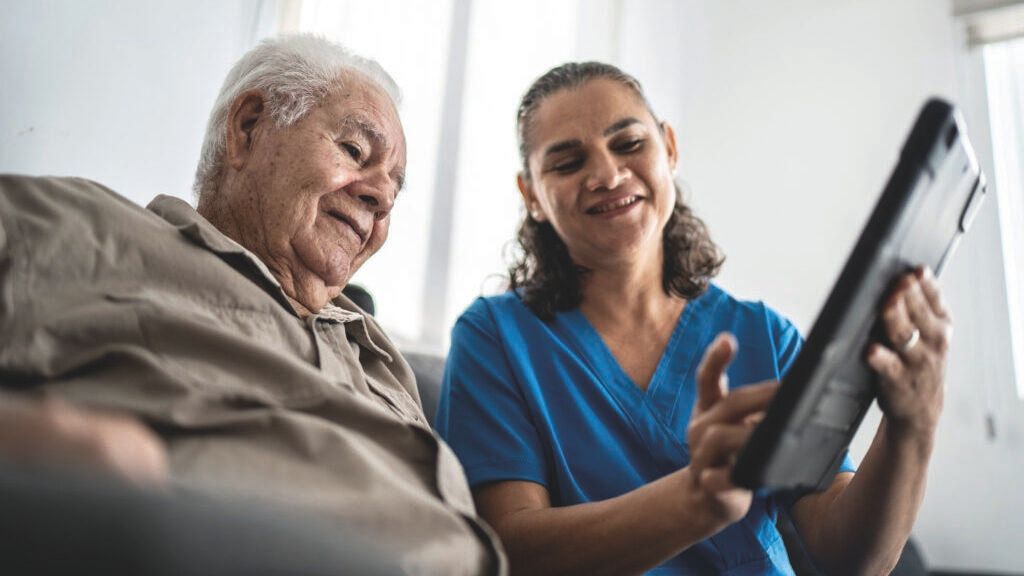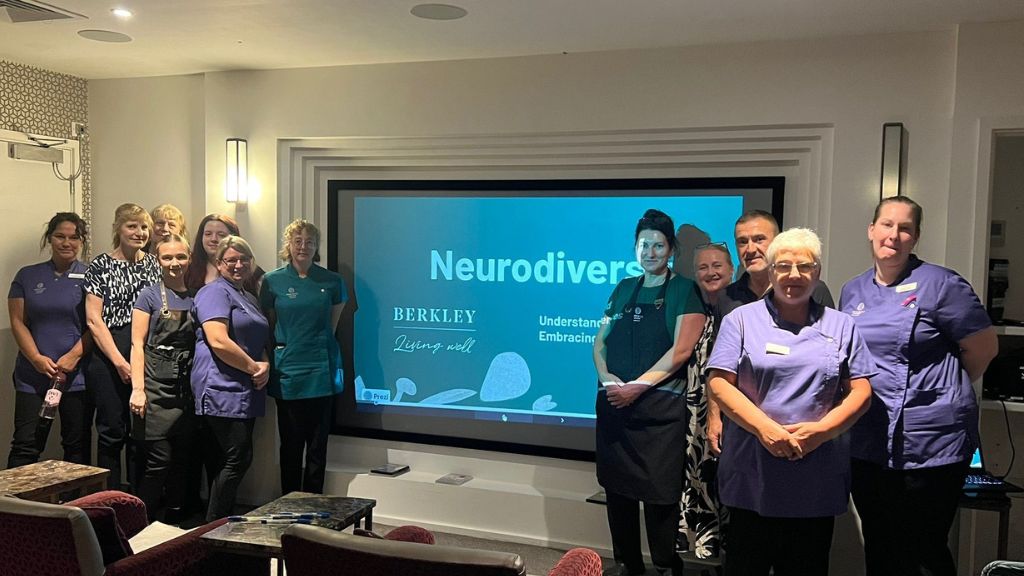Managers’ guide to…student nurse placements
There’s an ongoing demand for nurses and nursing associates in the adult social care sector. Claire Leenhouwers, national professional lead at Skills for Care, advises care home and home care managers on how to make the most of student nurse placements

Lived experience is critical to understanding what it means to be a social care nurse, so it is vital that care homes get involved with providing placements for the next generation of nurses and nursing associates.
1. Universities definitely want to hear from you. It’s impossible for universities to increase the number of students on nursing programmes if they don’t have the placement capacity to ensure that students are able to achieve the required practice hours stipulated by the Nursing and Midwifery Council (NMC) to gain their qualification. With nursing recruitment being a priority for government, increasing capacity is high on the agenda. Universities are increasingly looking to social care and wanting to build their capacity in this area.
2. With that in mind, please do make contact with your local university. At Skills for Care we are in the process of appealing to universities to make their processes easier in terms of social care providers knowing who to contact. For now, starting with the university website and finding someone in the nursing department is suggested.
3. There are lecturing staff in place who support practice areas, and some are specifically allocated to support placements in social care. Social care usually falls within the remit of private, voluntary and independent, or third sector. You’ll hear the abbreviations PVI or PITO (private, independent or third sector organisations) used to describe these placements.
4. Universities usually provide free training for care home staff acting as practice assessors (previously known as mentors) and practice supervisors, when care homes come on board. This is a great development opportunity for existing staff and ensures that students are adequately supported and assessed while with you. Find out more on the NMC website.
5. There is a tariff attached to hosting students. Discuss with your local university what this means for you.
6. Don’t be put off by the paperwork. Yes, you’ll have to be audited by the university, but this is nothing for you to worry about, and once it’s done it’s a lot easier going forward. If you wanted to host students from multiple universities this information can also be shared to avoid duplication.
7. Most students are assessed via an electronic version of the practice assessment document. There are different versions of this, but both the university and students will help familiarise you with their version and make sure you can access it. This will allow you to confirm their hours and that they’ve met the standards of proficiency they have to reach.
8. An academic assessor is a university lecturer who will support the student and the ‘practice area’ (in this case the care home). The assessor will keep you up to date on how a student is progressing academically, and act as a first point of contact if there are any concerns while they are with you on their placement.
9.Take the opportunity to dispel myths. There is an expectation that newly qualified nursing professionals can work in any setting. This includes social care, so it’s really important that students have exposure to what it really means to work in a social care setting, and hopefully dispel any myths that there are about what this means. There can be a stigma attached to working in care homes, and hosting students enables you to show care homes in a different light to the upcoming workforce.
10. The benefits of hosting students are endless. Learning is a two-way process and with students comes enthusiasm and new ways of doing things. It also increases the likelihood of finding your next great nurse or nursing associate. Hosting students gives you the opportunity to embed some of your own values into their practice, with a view of offering employment when they qualify and complete their studies. Even if they don’t end up working in a care home, students often go back to hospital settings with an improved understanding and knowledge of the way care homes operate, and impart this to hospital staff.




